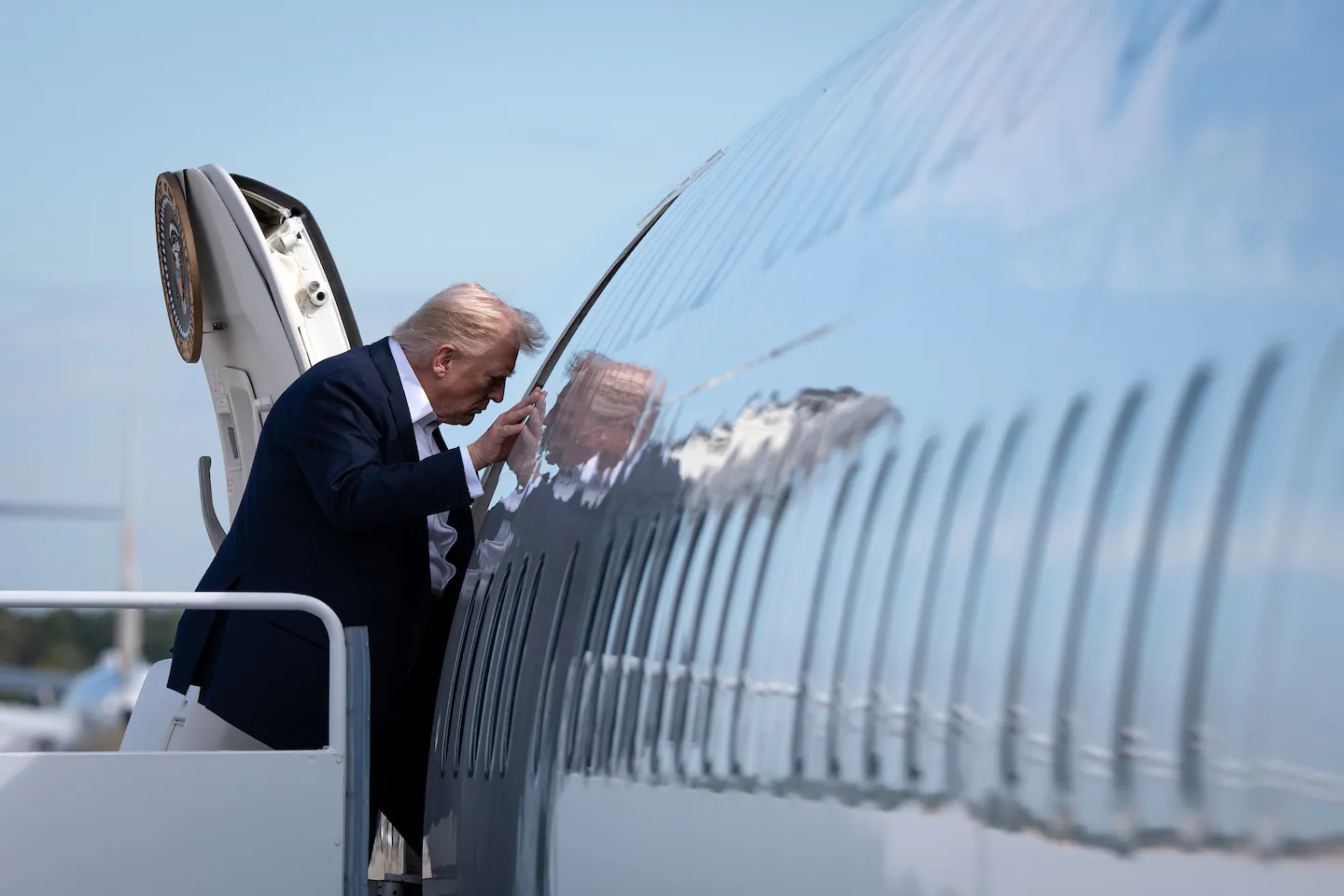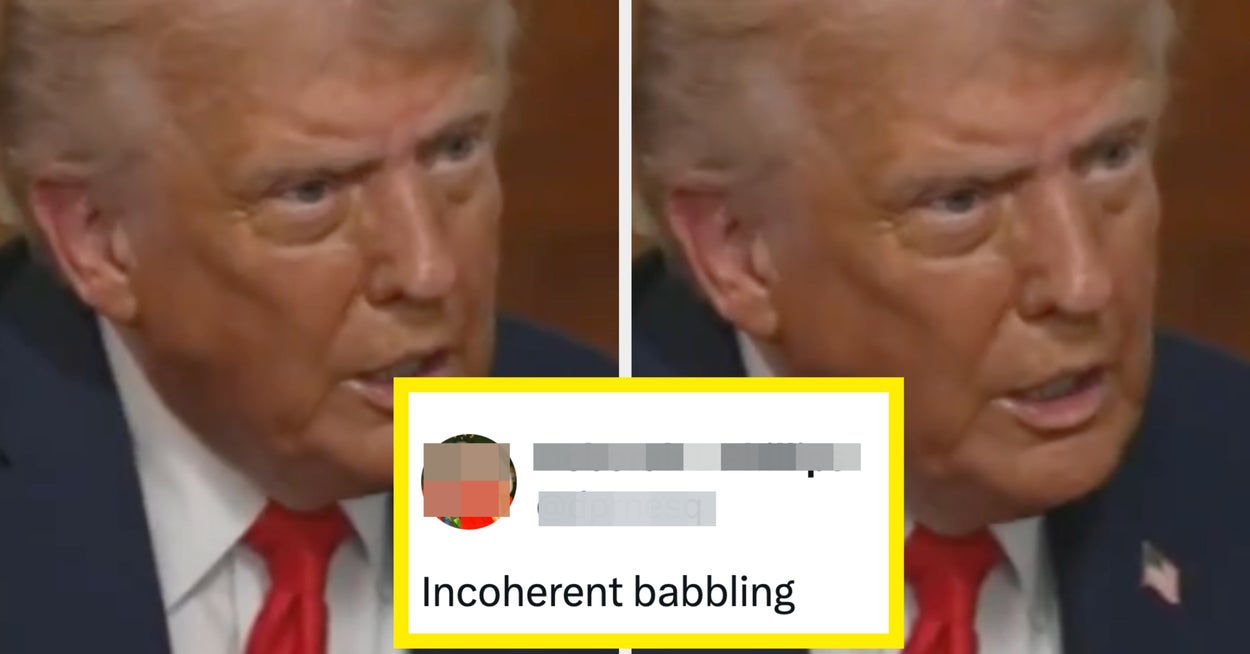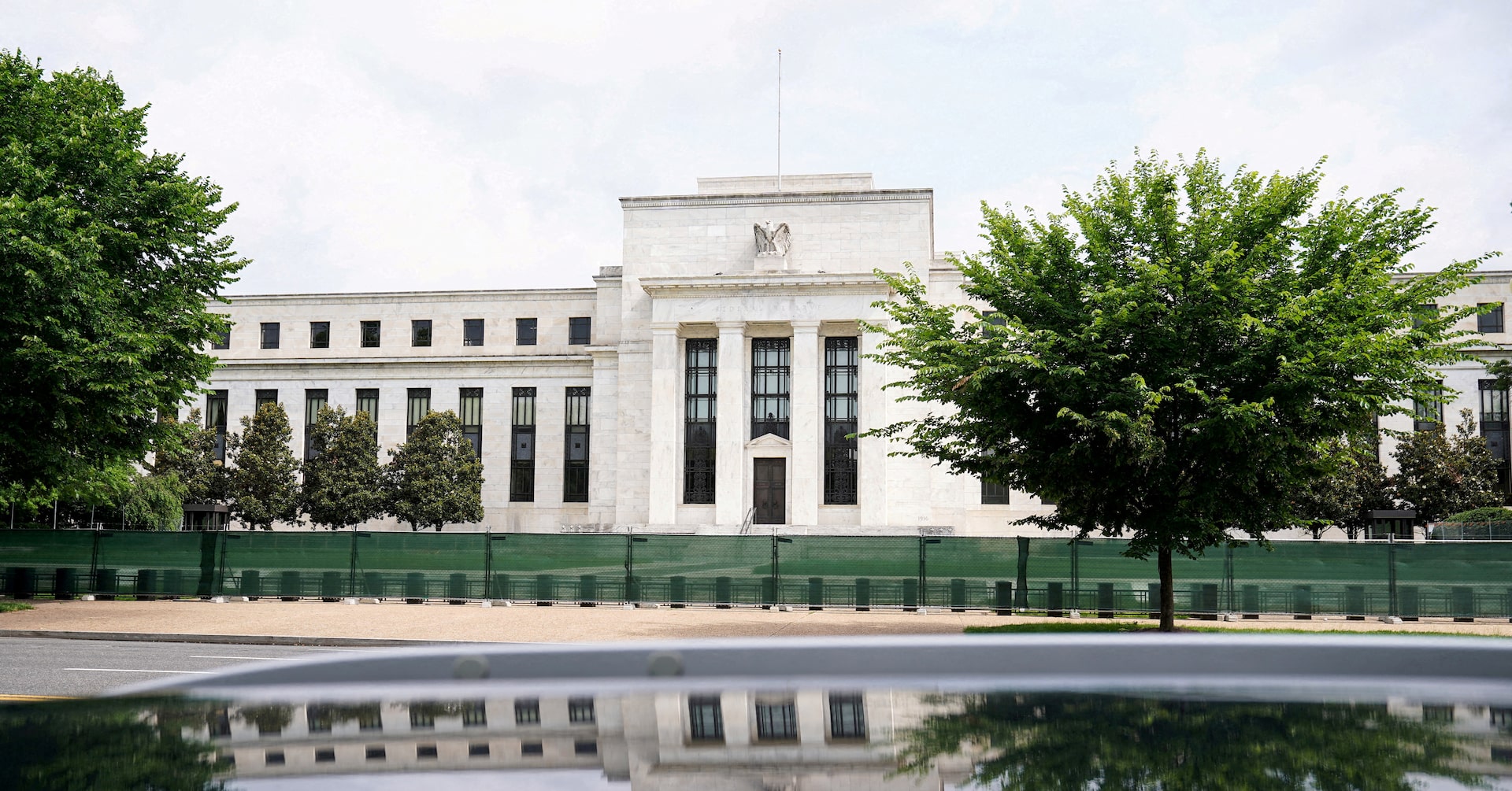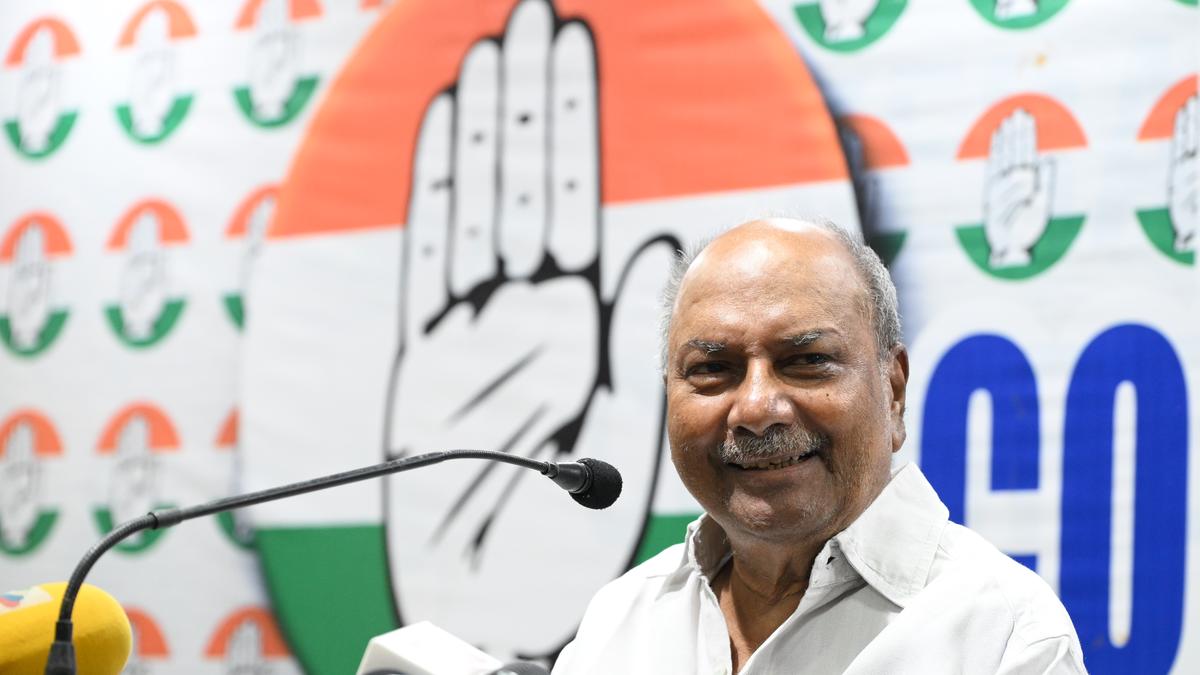
If the precedent set by Trump takes hold, America may be entering a period when each new administration takes aim at the last one in a cycle of retaliation, a what-goes-around-comes-around pattern more familiar in authoritarian countries than in developed Western democracies. Even presidents more restrained than Trump may succumb to the temptation to follow at least some of his example.
“Conservatives should see this for what it is: shortsighted and dangerous,” said Sarah Matthews, a deputy White House press secretary in Trump’s first term who resigned in protest after the Jan. 6, 2021, attack on the Capitol.
“If a Democrat wins in 2028, what’s to stop them from turning the DOJ on Trump officials or unleashing the FCC on Fox News?” she said. “Trump is setting a precedent that will come back to haunt the right, and they’ll have no leg to stand on if Democrats use the same playbook against them.”
Trump’s threat to investigate and prosecute left-wing groups after the assassination of right-wing influencer Charlie Kirk crystallized the concern among some of the president’s MAGA allies. In particular, some bristled at the pressure applied by Trump’s Federal Communications Commission to take late-night host Jimmy Kimmel off the air because of comments related to Kirk’s killing.
Sena. Ted Cruz, R-Texas, decried the threat against ABC and its affiliates by FCC Chair Brendan Carr, comparing it to mafia tactics, and added that it would empower Democrats to someday do the same. “They will silence us,” Cruz said. “They will use this power, and they will use it ruthlessly. And that is dangerous.”
Tucker Carlson, a former Fox News host and a MAGA favorite, warned that the Trump administration’s threats to go after “hate speech” could impinge on everyone’s free speech rights. “If they can tell you what to say,” he said, “they’re telling you what to think.”
The concern about precedent goes beyond Trump’s self-described campaign for “retribution.” His assertions of vastly expanded presidential power will naturally accrue to his successors. If he can override Congress on what money to spend or not spend, fire leaders of independent agencies, unilaterally gut government departments and send troops into the streets of U.S. cities, then so can the next president — a point made recently by the conservative Wall Street Journal editorial page about his effort to rein in the independence of the Federal Reserve.
“I worry about future presidents of both parties abusing all of the unprecedented powers that Trump is claiming,” said Brendan Nyhan, a government professor at Dartmouth College.
“Do Republicans want to give President AOC unilateral powers to determine which Defense Department programs she wants to fund?” he added, referring to Rep. Alexandria Ocasio-Cortez, a liberal Democrat from New York and bête noire to conservatives.
“We shouldn’t trust any administration with the dangerous and extraordinary powers Trump is claiming,” he continued. “Unfortunately, the recent history of the office suggests Democrats will pocket past expansions of executive power and just promise to wield them more carefully.”
Whether a future Democratic administration would actually use such power to achieve its goals, of course, remains speculative. A successor to Trump could eschew such assertions of authority to demonstrate a break from the unpopular Republican president and demonstrate a return to a more normal presidency.
But the appetite for payback on the left may be powerful. Bright Line Watch, a nonpartisan watchdog that Nyhan helps run to monitor the status of American democracy, has discovered that support for anti-democratic actions among Democrats has risen since Trump’s return to power. A forthcoming report by the group, for instance, notes that 50% of Democrats now support restricting or shutting down Fox News, up from 37% in 2021.
The president and his allies argue that Democrats were the first to weaponize government, citing in particular the four criminal indictments of Trump by Democratic elected or appointed officials after he left office in 2021. And yet at the same time that Trump decries what he calls the abuse of power by President Joe Biden and other Democrats, he also says it justifies him to do the same.
Asked Friday if he worried a Democratic president would come after members of his administration the way he is pursuing Comey and others, Trump said, “Well, that’s what they tried to do, right? They did it with me. For four years, they went after me. They went after me for four years.”
Abigail Jackson, a White House spokesperson, said Sunday that Democrats were in no position to complain about Trump’s actions. “It is the highest form of hypocrisy for Democrats and the media to falsely claim accountability is ‘political retribution’ when Joe Biden is the one who spent years weaponizing his entire administration against President Trump and millions of patriotic Americans,” she said.
She said Trump is reversing what he considers the Biden administration’s politicization of the Justice Department. “The Trump administration will continue to deliver the truth to the American people and restore integrity to our justice system,” she said.
Democrats, career prosecutors and even some Republicans reject that logic, calling the prosecutions of Trump meritorious based on the facts. And in any case, Biden did not personally involve himself the way Trump has done. While Trump has openly demanded prosecutions of Comey and other political foes and has even pushed out a U.S. attorney who declined to comply, there is no evidence that Biden or anyone in his White House directly pressured the Justice Department to charge his predecessor.
In fact, Biden aides privately were frustrated that former Attorney General Merrick Garland did not move more quickly to prosecute Trump for trying to overturn the 2020 election that he lost. But they were barred from discussing the matter with Justice Department officials. Garland appointed a special counsel to handle the Trump matters in what he said was an effort to insulate the investigation from politics.
Moreover, while Trump’s Justice Department and FBI are pursuing investigations of a range of the president’s adversaries, so far as is known they have not gone after any of his prominent allies, giving the impression that they are acting as an instrument of political power rather than independent law enforcement bodies.
Under Biden, by contrast, the Justice Department prosecuted prominent Democrats, including a senior senator from New Jersey, the mayor of New York, two sitting or former House members and the president’s son, Hunter Biden.
Some Republicans argued at the time that prosecutors did not go after Hunter Biden aggressively enough, but Biden accused his Justice Department of being unfair to his son and pardoned him weeks before leaving office, a move that generated criticism from fellow Democrats.
Either way, Trump has sought to punish his enemies in ways that Biden did not. He has revoked security clearances for dozens of Democrats and career officials who angered him; stripped security details from former officials he deemed personally disloyal; ordered investigations into onetime aides who spoke out against him; fired scores of career prosecutors and FBI agents who were involved in cases against him or the Jan. 6 attackers; and signed orders punishing law firms that employed people he considered enemies.
Ruth Ben-Ghiat, a history professor at New York University and the author of “Strongmen,” a book about authoritarian leaders, said there is a “‘both sides’ narrative frame that MAGA is expert at exploiting” that equates Trump’s retribution with more reasoned actions by other administrations.
The FCC, for example, might have cause to look at “a network that pushes disinformation on political health, public safety and other issues to the public,” which is different than pressuring a network to silence a comedian who offends the president or his allies, she said.
“Authoritarian leaders engage in ‘personalist’ rule, meaning they transform government institutions into tools of their personal grievances and vendettas and conduits of their falsehoods and extremism,” she said. “This is what is going on in the United States now. Democracies have checks and balances on the executive branch and the leader for this reason, so governance does not revolve around the whims and emotions of one man.”
Some conservatives fear that Trump is setting them up to be targets in a future administration. At a Senate hearing this month before the Comey indictment, Patel came under criticism from Democrats, who said he did not live up to his promise that “there will be no politicization at the FBI” under him.
“I’m not going to mince words: You lied to us,” Sen. Richard Blumenthal, D-Conn., told him.
Patel, who once published a book called “Government Gangsters” with a list of 60 members of the “deep state,” denied that it constituted “an enemies list” and insisted that his purge of agents was justified.
“Anyone that’s been terminated failed to meet the needs of the FBI and uphold their constitutional duties,” he said.
The question may be whether his successor will see it that way.



